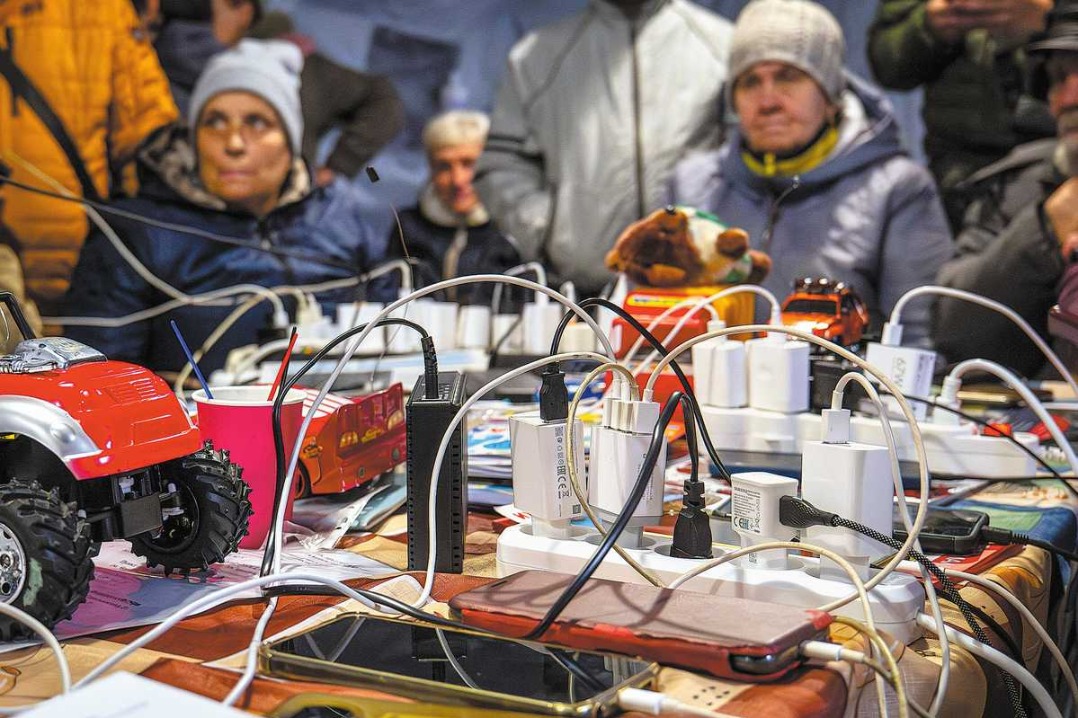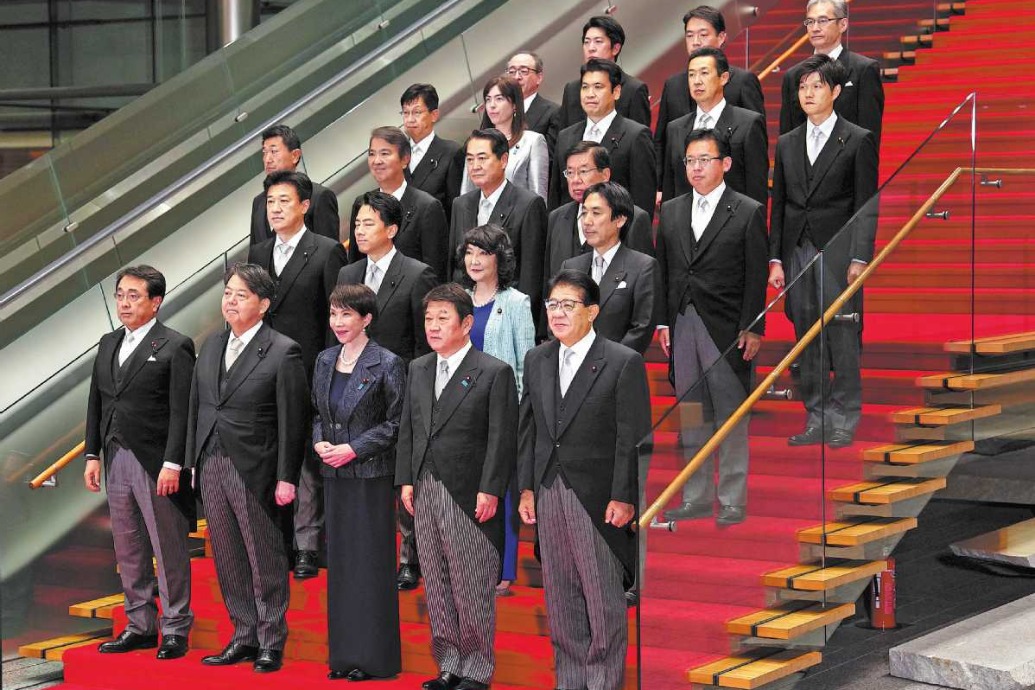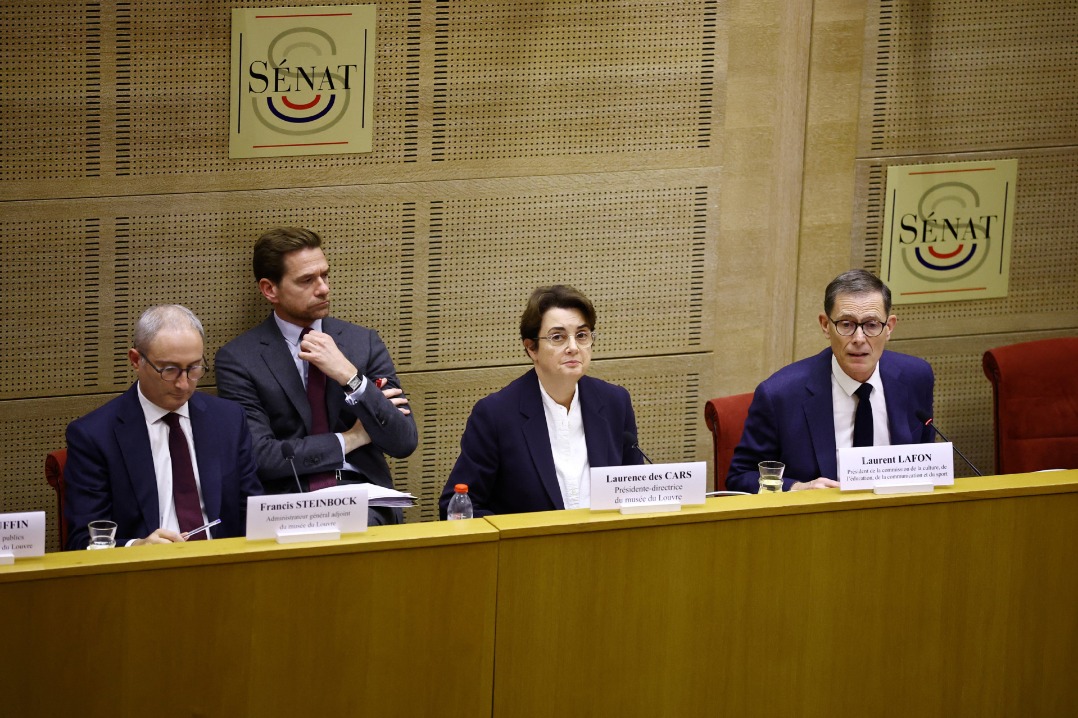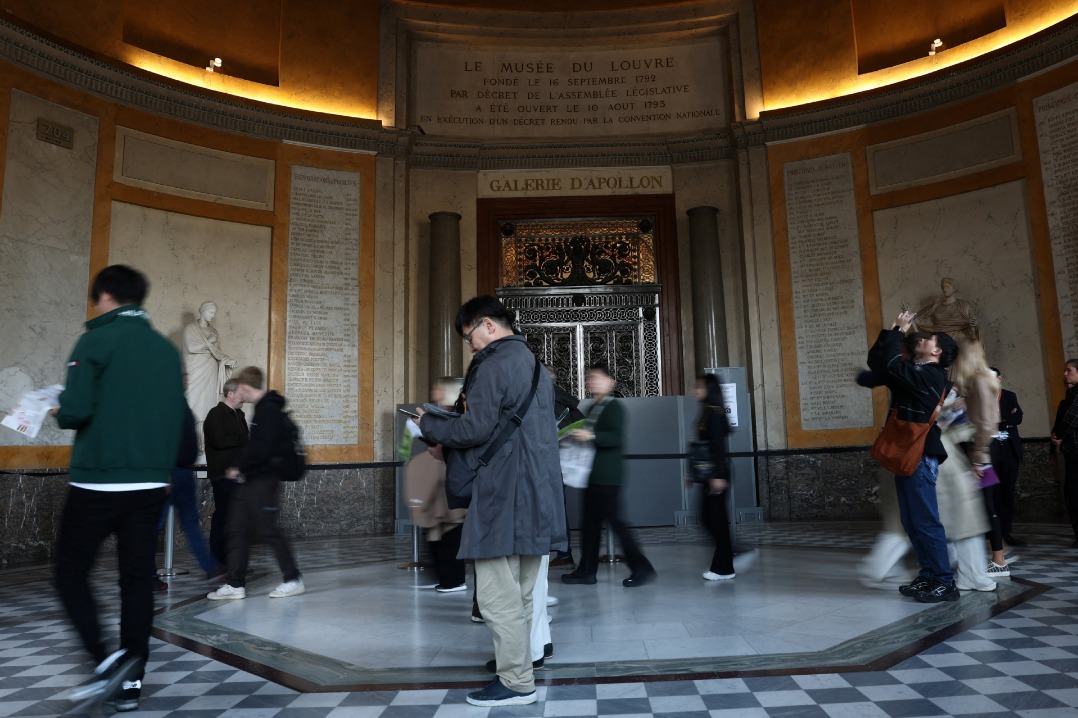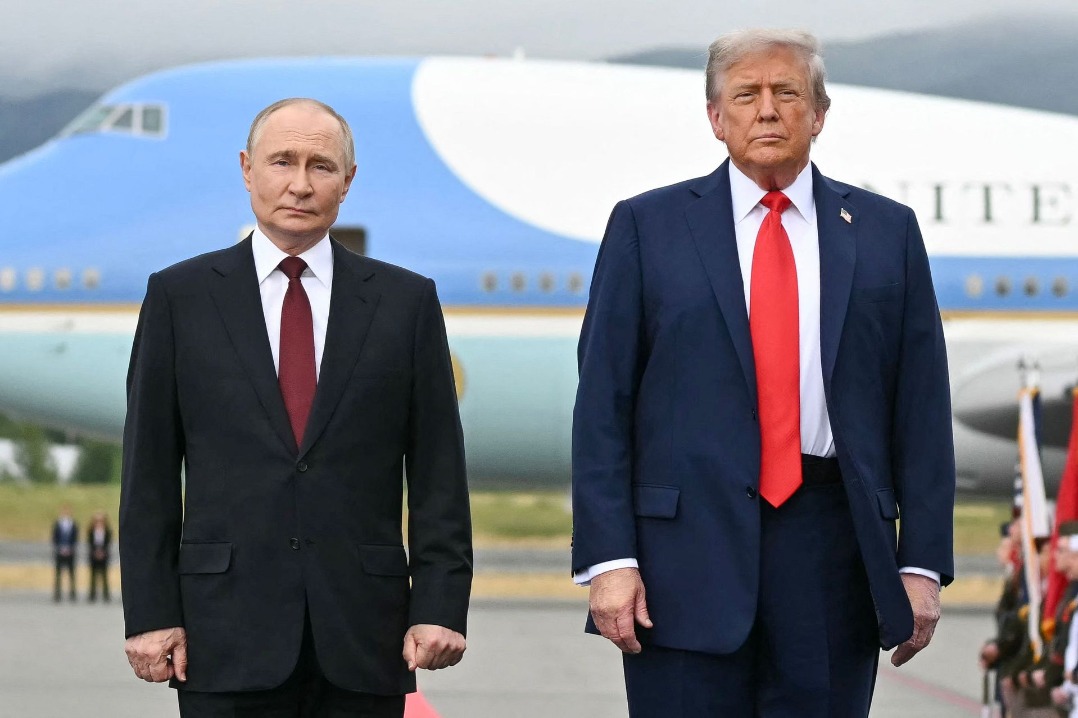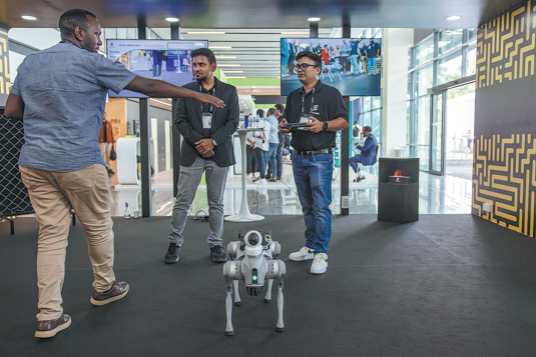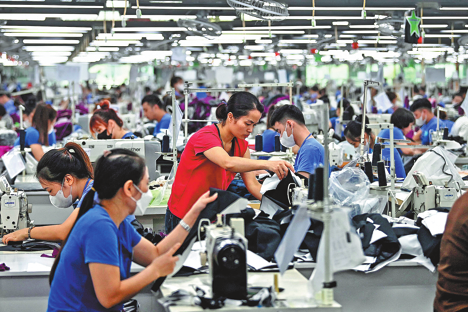Meeting between commerce minister and EU counterpart welcomed

Both China and the European Union have agreed to soon hold an "upgraded meeting" in Brussels on the China-EU export control dialogue mechanism, the Ministry of Commerce announced after Commerce Minister Wang Wentao held a video meeting with EU Commissioner for Trade and Economic Security Maros Sefcovic on Tuesday.
They spoke about topics of mutual concern, including the case of Nexperia, a Chinese-owned semiconductor company based in the Netherlands, the export of rare earth elements, and the EU's anti-subsidy investigation into Chinese electric vehicles.
"Now, China-EU bilateral economic and trade issues are increasing, which further highlights the importance of bilateral coordination mechanisms," said Jian Junbo, director of the Center for China-Europe Relations at Fudan University in Shanghai. "If any side lets frictions and disputes develop unchecked, or deals with them unilaterally, the contradictions will only become sharper. Upholding this bilateral communication is therefore essential."
Jian outlined what he sees as the two core issues that can cause friction. The first, the securitization of economic relations, involves the EU invoking "security" as a pretext for restrictions, as in the case of the Nexperia affair. The second, trade protectionism, is illustrated by investigations into Chinese electric vehicles, he said.
Jian said the issues are long-term in nature.
"Even if individual cases are resolved, future frictions may arise in the same fields," he said. "Thus, both sides need to strengthen communication via multilateral and bilateral mechanisms, rather than fall into a fresh cycle of confrontation."
In a written reply to China Daily, the China Chamber of Commerce to the EU, or CCCEU, said it reiterates its firm opposition to the Netherlands government's decision to take over the Chinese-owned Nexperia by invoking a wartime law.
"Such an action is utterly unacceptable," it wrote. "It constitutes an act of economic coercion that has deeply shocked the Chinese business community and severely undermines confidence in the Netherlands' business and investment environment."
The CCCEU urged the Netherlands to immediately rectify its mistake and ensure the full and legitimate rights of Chinese investors by restoring the normal operation of Nexperia without delay.
Jian further noted that the root causes of frictions and problems lie mainly in the inappropriate approaches taken by Europe and the United States in handling relations with China – such as the imposition of sanctions, the exerting of pressure, and politicizing economic issues.
Taking the rare-earth issue as an example, he said that although Europe is not necessarily the direct target, the bloc reflects US-driven security considerations behind the scenes. The investigation into Chinese electric vehicles, on the other hand, is a specific measure initiated by Europe, he said.
China, Jian stressed, has been responding defensively and safeguarding its legitimate rights and interests, rather than actively provoking disputes.
Regarding the issue of rare earth export controls, Wang said during the video meeting on Tuesday that China's recent measures have been normal actions taken in accordance with laws and regulations to improve its export control system, demonstrating the country's responsibility as a major power in safeguarding world peace and stability. Wang said China is committed to maintaining the security and stability of global industrial and supply chains and has always facilitated the approval process for EU companies.
The CCCEU also welcomed the phone conversation on Tuesday between Wang and his Netherlands counterpart, during which the two sides exchanged views on the Nexperia case.
"The CCCEU notes that the Dutch side expressed its willingness to work toward finding a solution," it said, expressing full support for Nexperia and its parent company Wingtech Technology in taking all necessary measures to safeguard their lawful rights and interests.
















